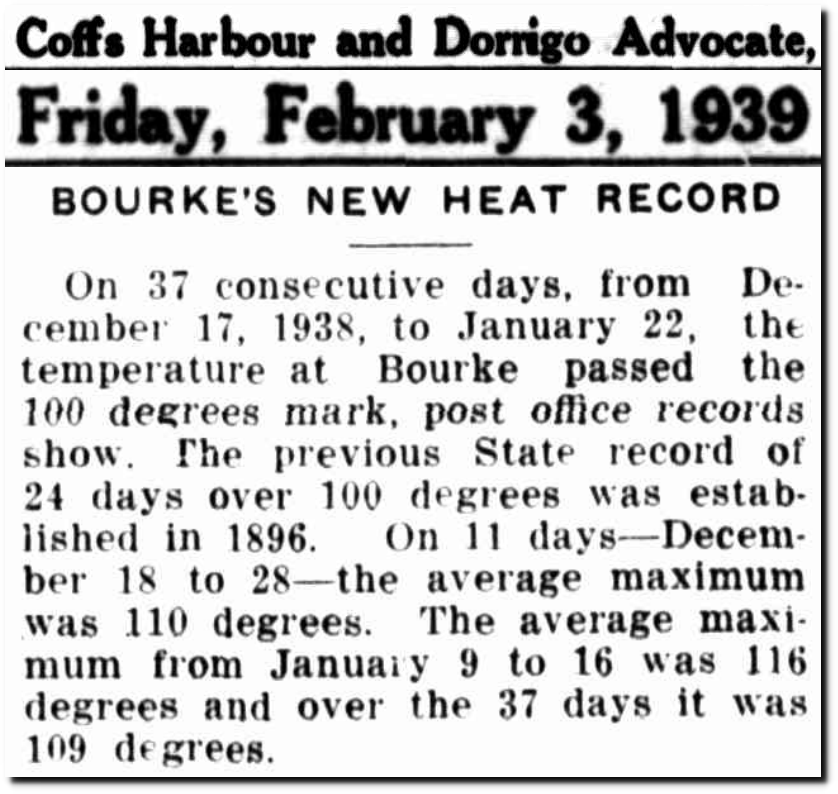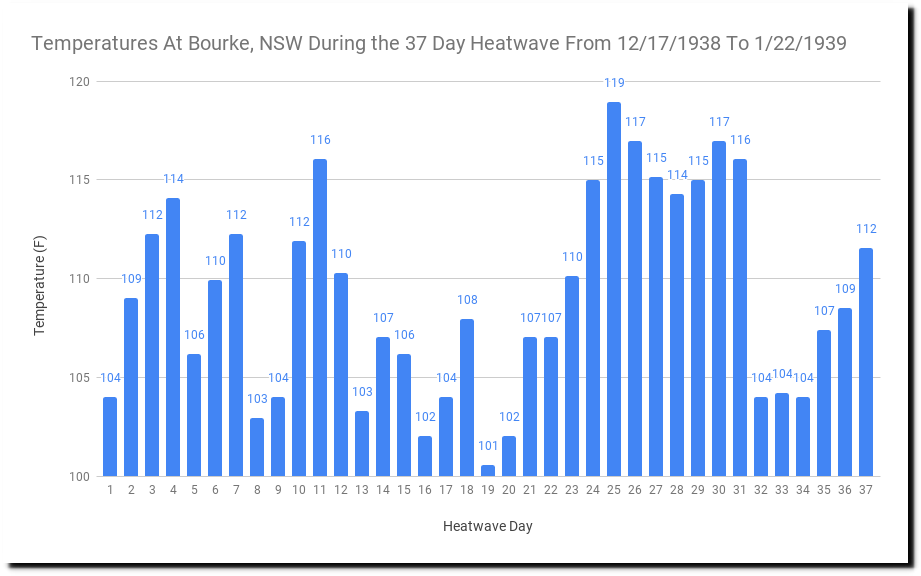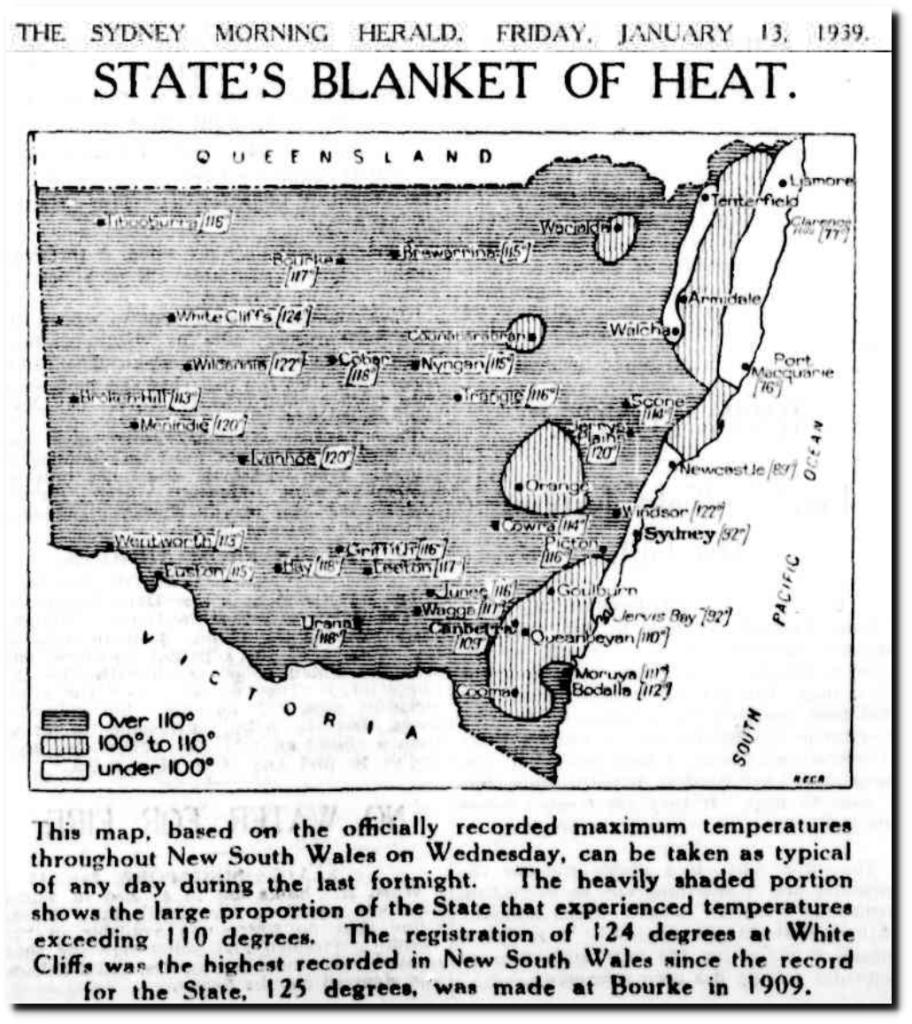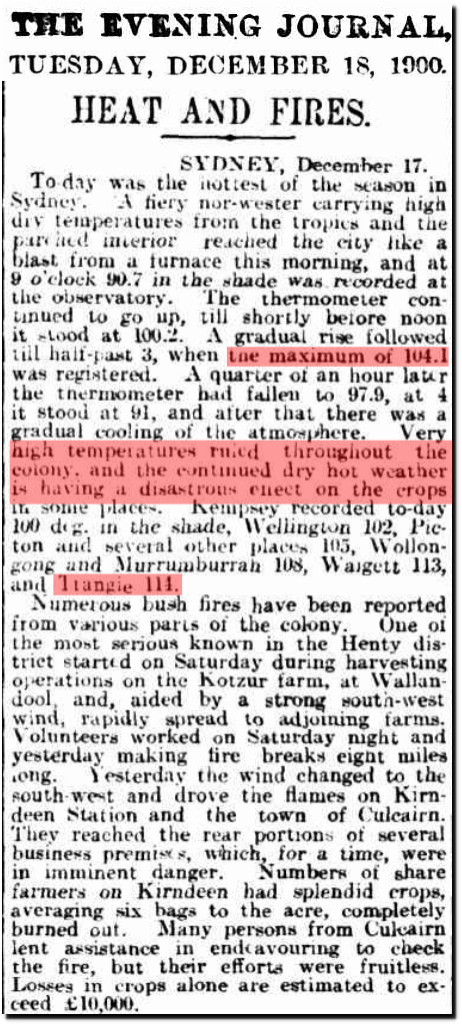Surface Detail
DP Veteran
- Joined
- Sep 20, 2016
- Messages
- 3,244
- Reaction score
- 1,232
- Location
- English Midlands
- Gender
- Undisclosed
- Political Leaning
- Centrist
We have indeed been warming since around the mid-1800s. However, it has not been a steady increase. It has come in distinct 30-year warming and 35-year cooling periods, beginning in 1880 with a 35-year cooling period. During these cooling periods temperatures have decreased (by 0.34°C over two cooling periods), while these warming period see a much higher rise in temperatures (by 0.85°C over two warming periods). Which is why NASA concluded that between 1880 and 2010 temperatures increased by a total of 0.51°C.
Beginning around 2010 we started our third 35-year cooling period.
You will also note that between 1915 and 1945 was one of those 30-year warming periods that NASA measured, but has chosen to exclude from its mean average (1951-1980). They focus instead on a 35-year cooling period (1945-1980), stopping just as another 30-year warming period begins, in order to amplify the amount of change and distort reality. In other words, NASA is being deliberately dishonest with their cherry-picked average.
Complete bull****, as usual. Just to pick up on one point, we did not start a cooling period in 2010, as the graph below clearly shows. On the contrary, warming since 2010 has been faster than ever.






